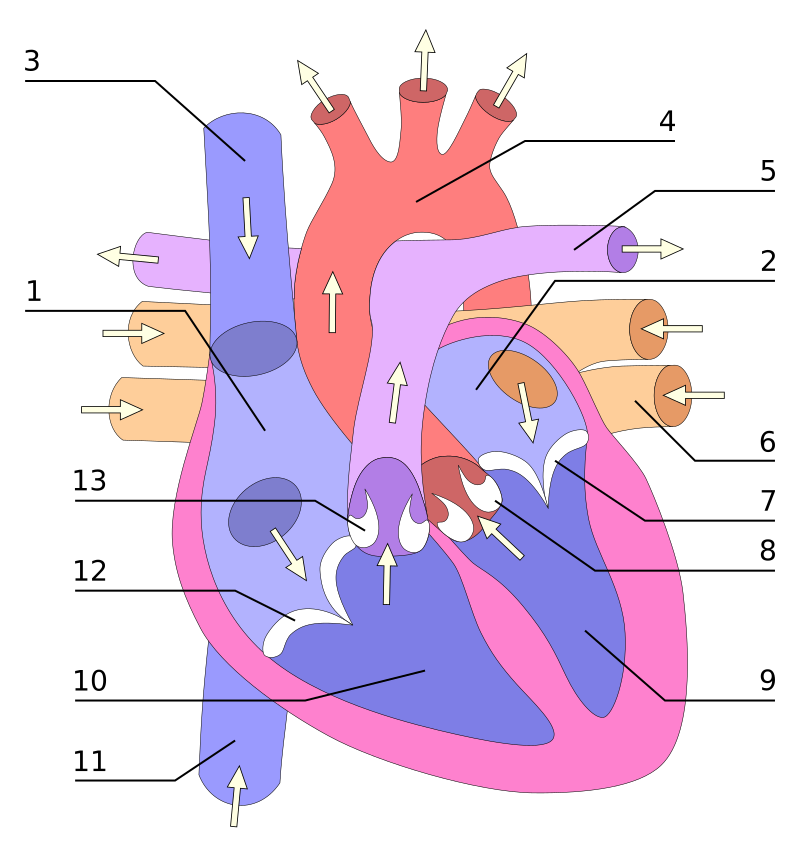The Impact of High-Protein Diets on Urinary Tract Infections: Insights from Urologists

High-protein diets have gained popularity among fitness enthusiasts aiming to build muscle mass. However, recent discussions among health professionals have raised concerns about the potential link between high protein intake and urinary tract infections (UTIs). This article explores the relationship between protein consumption, hydration levels, and UTI risks, drawing on expert opinions and relevant research.
According to Dr. Emily Thompson, a urologist at the Mayo Clinic, excessive protein intake may contribute to UTI susceptibility. "While protein is essential for muscle recovery and growth, it can also lead to dehydration if not balanced with adequate fluid intake," Dr. Thompson stated in an interview conducted on October 15, 2023. She emphasized the importance of hydration, particularly for individuals on high-protein diets.
The significance of this issue is underscored by the increasing prevalence of UTIs. According to the Centers for Disease Control and Prevention (CDC), UTIs account for approximately 8.1 million visits to healthcare providers each year in the United States (CDC, 2023). With evolving dietary trends, understanding the potential consequences of high protein consumption is vital for public health.
Research from the American Urological Association indicates that dehydration can lead to a higher concentration of bacteria in the urinary tract, thereby increasing the risk of infections (American Urological Association, 2023). Dr. Sarah Johnson, a researcher at Johns Hopkins University, notes that, "Individuals consuming high-protein diets should ensure they are drinking sufficient water to mitigate any potential risks associated with increased protein intake."
Moreover, a study published in the Journal of Nutrition in 2022 found that participants consuming more than 100 grams of protein daily without adequate hydration reported a 30% higher incidence of UTIs than those who maintained a balanced diet (Smith et al., 2022). This aligns with the observations made by nutritionists who recommend a balanced approach to protein consumption and hydration.
While high-protein diets can enhance muscle growth, it is essential to approach them with caution. Dr. Robert Green, a nutrition expert at Stanford University, advises that athletes and fitness enthusiasts should consult with healthcare providers to tailor their diets. "It's crucial to find the right balance between protein intake and hydration to avoid unintended complications like UTIs," he remarked.
In conclusion, while high-protein diets can support muscle-building efforts, individuals must prioritize hydration to reduce the risk of urinary tract infections. As dietary preferences continue to evolve, maintaining a balanced approach to nutrition is paramount for overall health and well-being. Future research should focus on establishing clearer guidelines for protein intake and hydration to minimize health risks associated with dietary changes.
### Implications for Future Research The relationship between high-protein diets and urinary tract infections warrants further investigation. Future studies could explore the long-term effects of various protein sources on UTI prevalence, as well as the role of different hydration strategies. As dietary trends continue to shift, understanding their health implications will be critical for both individuals and healthcare providers.
Advertisement
Tags
Advertisement





